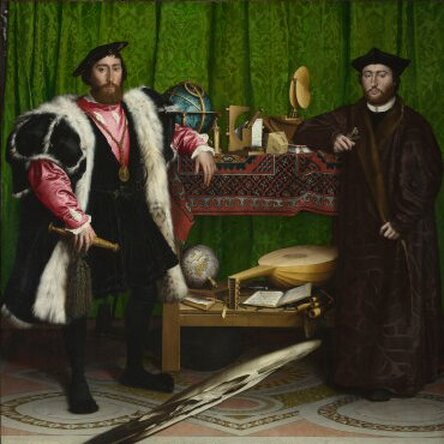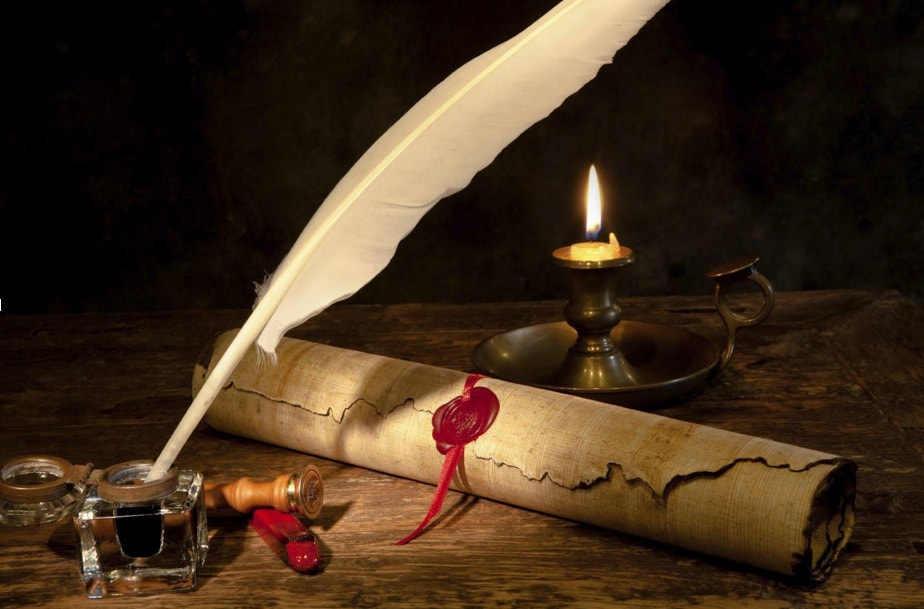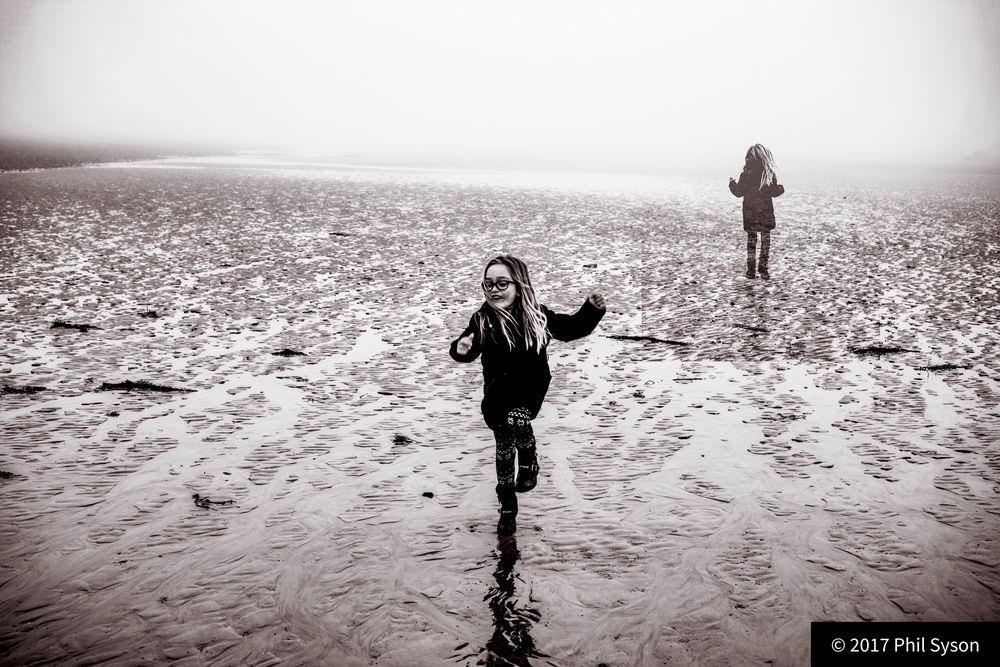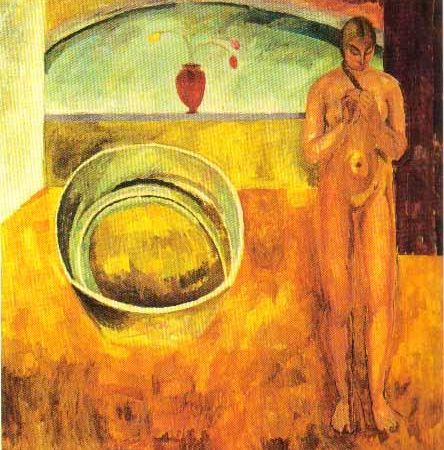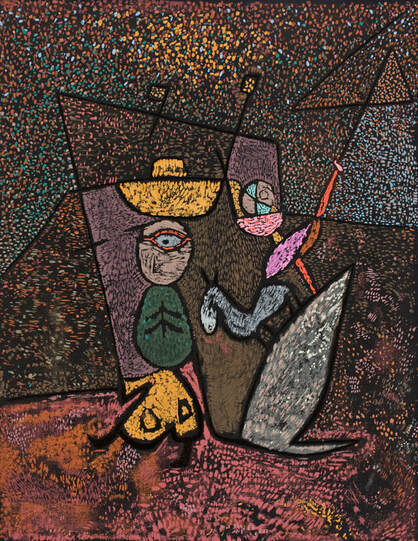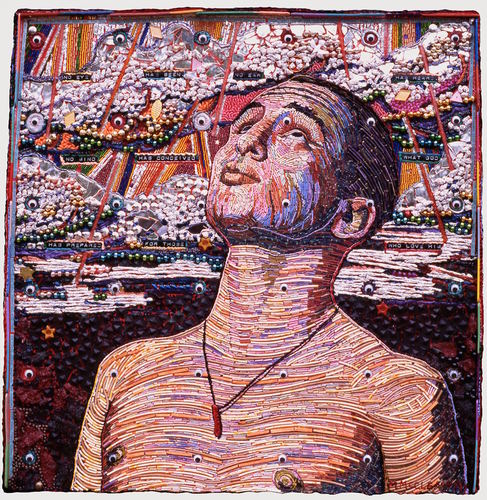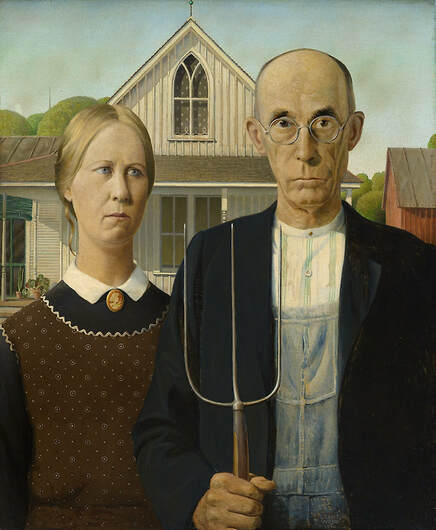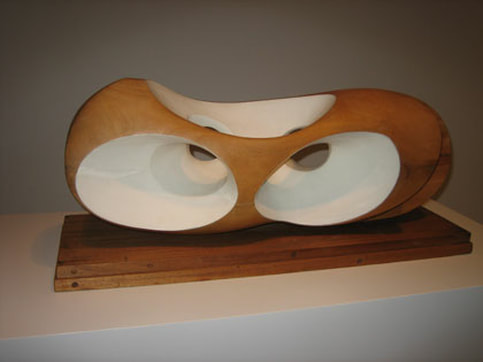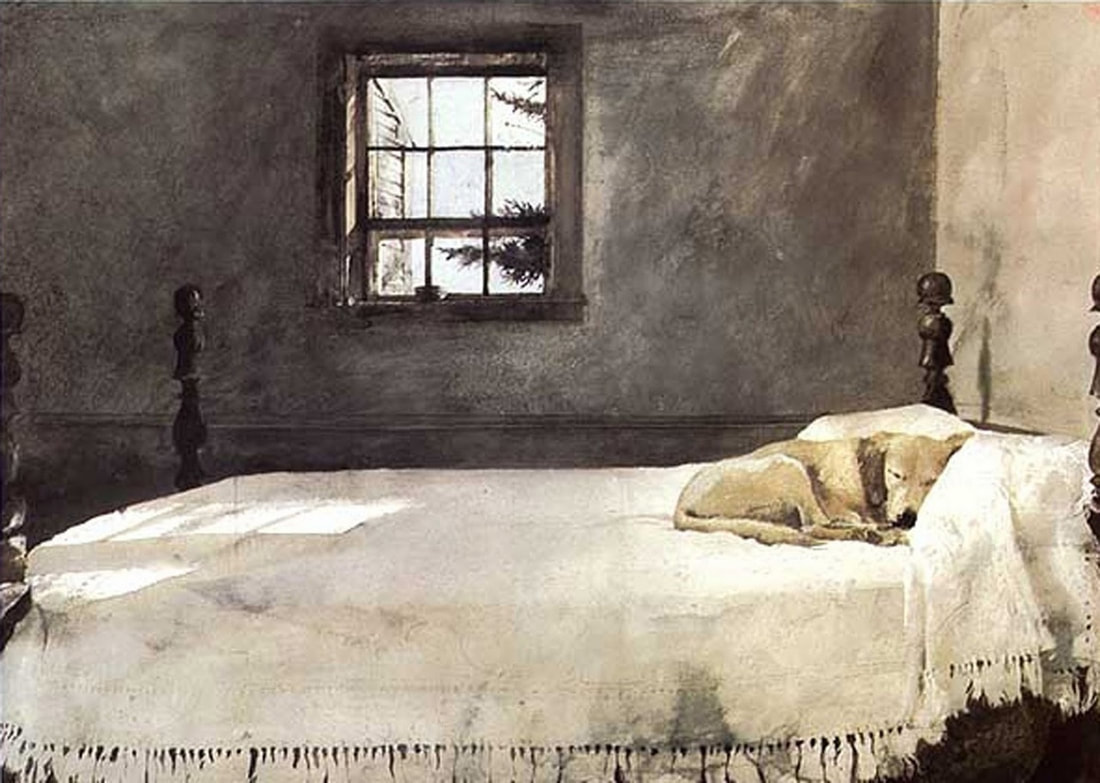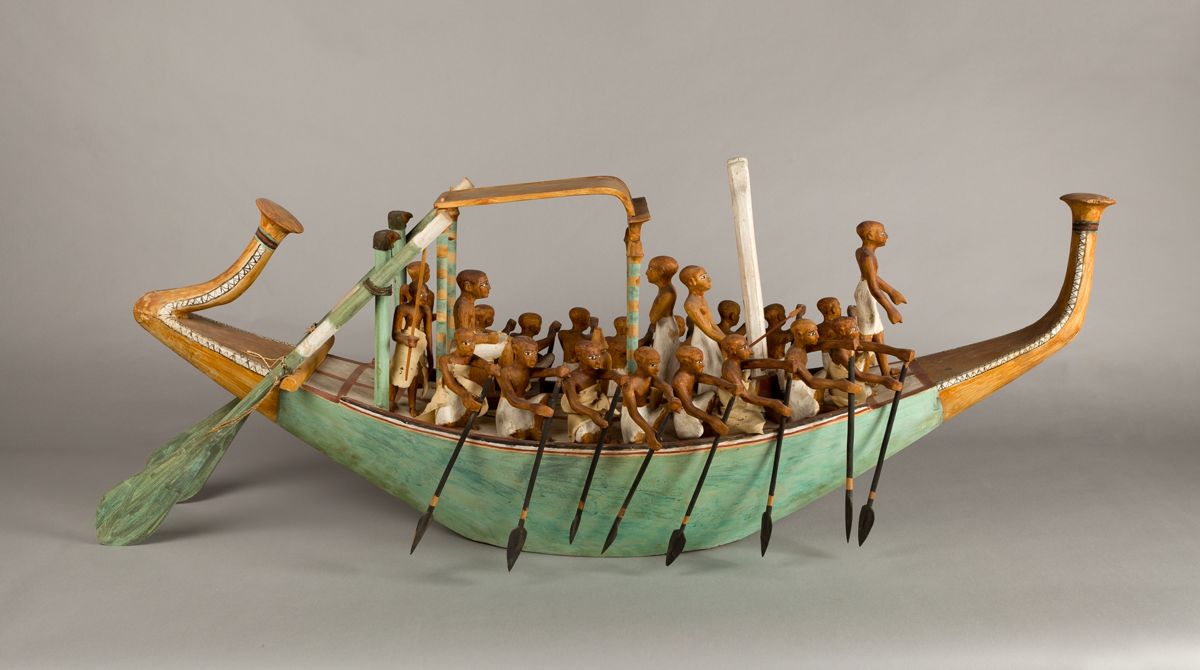|
The Ambassadors
Ambassadors, substantial men, with a purpose. You can feel it on them. Jean de Dintville, the man on the left, stands in possession of both dagger and sword, as well as a large portion of self-confidence. The man on the right is quieter, eyelids half-lowered, almost as if he doesn’t want his picture painted. This is Georges de Selve. Dintville is the French ambassador to the court of Henry VIII. Selve is his friend, soon to be consecrated as a bishop, but perhaps he is something more. Names yes, but who are these men really? They have been dead for more than four hundred years. Did their mission fail? In all probability. Did they even have a shared mission? Perhaps not. “That which is sundered shall not be put together.” The year is 1533, the year Henry broke with Rome and married Ann Boleyn. Holbein the painter is German, but which way does he lean, Catholic or Protestant? The objects abound, the subject of intense inquiry—celestial and terrestrial globes, a lute, an empty flute case, the interior filled with detail upon detail. Symbolism of empires to come, the exploration and exploitation of the world that does come. Did the artist know all this, know how it would turn out? Puzzles within puzzles, a broken string on the lute, dates, codes perhaps akin to pecavi, “I have sinned (Sind).” Does the painting reveal all this, or does it hide its true subject? What do the depicted objects say? “Here is our collection of exotic objects. We’re very accomplished, aren’t we? We exist through our possessions.” Symbolic meanings, secreted as sediment beneath this. The artist’s commentary or a coded diplomatic message? If a coded message, who is the intended recipient? A recent writer has suggested these men were lovers, that this is their intense secret. Who knows, perhaps they were. A double portrait of two men? Friends, or a marriage portrait of sorts? It was Jean de Dintville who commissioned the painting, and took it home to France. Serving the French king, yet superior to royalty—they know something their king does not, their faces reflected through the centuries. For us, the viewer, what do we care of royalty when we have this. The Skull, as it is known, lies hidden at the corner of the painting, a nodding aside to the cognoscenti, and to every passerby who has it pointed out. The significance is clear. Steven Fraccaro Steven Fraccaro is the author of the novel Gainsborough's Revenge, and of The Recalcitrant Scrivener, a collection of essays on writing in the age of the web. His short fiction work "Night Language" was published in Otoliths #19. A flash piece from his ongoing work Skeleton Key to the Wind appears in issue #28 of StepAway Magazine.
1 Comment
Still Life Jar rolled lip like a pout filled with ink black as squid white feather birch colour rolled scroll red apple wax tabled with candle light paused by the paint Amy Phimister Amy Phimister is a poet living and writing full time in Sturgeon Bay, Wisconsin. She graduated from St. Mary's College in Notre Dame, IN with a B.A. in Creative Writing. She also has an MBA from Niagara University and an MA in Education from the University of Northern Iowa. A member of the Wisconsin Fellowship of Poets, she has published in The Ekphrastic Review and was a finalist for The Hal Prize. She is my headlong smile and when my back is turned, eyes far out at sea, her future my concerned frown. Run to my foolish arms, tiny girl! Let me be your carnival-- lift and spin those loose, little bones like a beachfront Flying Swing-- legs suspended and splayed, laughing at centrifugal force until unbalanced equilibrium threatens us both with nausea. Back to earth, she stumbles to a knee. sits listing toward the relative stability of low tide sand. Blinking back dune-swept grit, amused eyes return through tears. She grins... Again! Jordan Trethewey Jordan Trethewey is a writer and editor living in Fredericton, New Brunswick, Canada. His work has been featured in many online and print publications, and has been translated in Vietnamese and Farsi. To see more of his work go to: https://jordantretheweywriter.wordpress.com Vanessa Bell Is Sending Me Dreams 1. Flash: I am falling asleep when suddenly I see, before me, a battalion of World War I soldiers having their photo taken. The soldier in the front tips his helmet at me and grins flirtatiously. I am struck by the life in him; I back away in fear that he might be the first to be killed. I realize I must be taking the photograph because I can feel the camera’s black cloth sliding on my shoulders. I want to find this photo. Was I the photographer in a past life? I vaguely recall a Victorian style turret in the background, like thousands and thousands of official buildings in the world. Did the soldiers assemble in front of the town hall for a photograph? Where should I begin such a search? 2. Flash: Winter, I have a vision of Knights Templar on horseback riding the shore. Sea smoke surrounds them; their faces are covered in a thin white frost through which I can see their pink flesh. I can hear the horses’ hooves pounding the wet sand. 3. Vanessa Bell is sending me dreams: I recently hung a picture of one of her paintings next to my bed. A golden representation of her work, "The Tub," in which a woman stands naked beside an empty tub. Vanessa didn’t get much appreciation in her lifetime. Once, she and her lover, Duncan Grant, while staying with friends, changed the paintings in the mansion to some of their own and no one noticed. She sends me the Knights Templar, and another more complicated dream about work at a printing press keeping my daughter from me. In the dream, I break the press, but her boss still won’t let her go. Vanessa’s sister, the writer, Virginia Woolf couldn’t visit very often because of her work, and because her husband, Leonard kept her so busy at Hogarth Press. For a moment in the dream, I thought while looking at my daughter’s boss, “Is that Leonard Woolf?” I think Vanessa is happy someone in the future has hung her work. 4. Vanessa’s beloved son, Julian, an incredibly dynamic and handsome youth, was killed in the Spanish Civil War while driving an ambulance for the British Medical Unit. He was 29, idealistic, a devout socialist and anti-fascist. He couldn’t get the suffering of the Spanish people out of his mind. Everyone tried to dissuade him from enlisting. Vanessa never fully recovered from her grief. Patricia Goodwin Patricia Goodwin is the author of When Two Women Die: A Historical Novella of Marblehead, Telling of Two Murders Which Happened There, 301 Years Apart (2011), about Marblehead legends and true crime, and its sequel, Dreamwater (2013), about the Salem witch trials. Her novel, Holy Days (2015) is about the sexual, psychological seduction of Gloria Wisher and her subsequent transformation. Her poetry books are Java Love: Poems of a Coffeehouse (2018); Telling Time By Apples, And Other Poems About Life On The Remnants Of Olde Humphrey Farme (2017), illustrated by the author; Atlantis (2006), and Marblehead Moon (1993). All Plum Press. Her poetry has been published in nthposition.com, Pemmican Press, Radius: Poetry from the Center to the Edge and The Potomac, among others. For more work and information, please visit http://patriciagoodwin.com/. Traveling Circus In my tear, That is where they exist: Cute magician, ventriloquist, Fat Lady sitting asmile atop an obelisk. A train of thought? Perhaps a gist. Swami, charmer-somnambulist, No dream, this precipice. A movie screen -- Two-dimensional, white. Heretofore abstracted themes come alight, And encore, encore, encore. A stilted Mex, Diver’s eye, Bewitches a lissome trapezist. One-ringed escapade, that get. The acrobatics of smile ponder midair, Take the sway to the fore then diminish. The tumultuous sigh of an angry gibe Loosed upon a vacant arena. Painter, Poet with sentient eye, ear, If the image exists in turbidity, remain enigma, With the Noh mask, clown’s makeup. Gregory Vincent St. Thomasino Gregory Vincent St. Thomasino has a degree in philosophy from Fordham University. In 2009 he received the Distinguished Scholar Award from the Doctor of Arts in Leadership program at Franklin Pierce University in New Hampshire. His poetry and prose have appeared in Barrow Street, New York Tyrant (V3.3), jubilat, Verse Wisconsin, Cordite and Dispatches from the Poetry Wars. His most recent volumes are The Valise (Dead Academics Press, 2012), Selected Poems (Bibliotheca Universalis, 2017) and Two Short Novels (Bibliotheca Universalis, 2017). The Wet Motorcycle is forthcoming. He lives in Brooklyn Heights, New York, where he works as a private docent. The Day I Was Not Punk’d by 22½ x 22½ of Mixed Media Collage
Ever pull that recess-yard prank where you stare into the heavens until your classmates look at what’s so Whoa, stop everything up there? Nothing, ha-ha, that’s what. Not wishing to have the tables turned, I try not to thieve a peek at whatever certain nothingness the subject of Mary McCleary’s Stephen’s Vision finds so rapturous beyond the frame’s finitude, but I can’t help myself and it’s not nothing and it’s glorious. Bill Stadick Bill Stadick has published poetry in various publications, including Barren Magazine, The Windhover, First Things, The Christian Century, Christianity and Literature and The Cresset. He founded and writes for Page 17, a marketing communications firm Cameo
She seemed distracted by the artist's brush. Perhaps the fire behind her back, behind the house and toolshed, made her want to rush for church where smoke was heavy on her mind. She might as well have been a nude laid back against a sofa, bed, or sprawling rug. He couldn't know it, but she had a knack for posing, nipples swollen, Venus snug. The pitchfork held the man erect and staid. It gripped his knuckles hard, too fine a tool for letting loose and letting go, afraid to use it— and he didn't, as a rule. There was no love lost here, nor had there been. He left a steeple though, and hope therein. Charles Southerland Charles (Charlie) Southerland: "I live in Arkansas on my farm where I keep watch over lots of critters and write poetry. I'm published in a few good journals like: Measure, The Road Not Taken, First Things, Blue Unicorn, The Amsterdam Quarterly, The Lyric, and others. I was nominated for a Pushcart Prize a few years ago, and I was a finalist for a recent Nemerov Award. I am primarily a Formalist." Vast
for Barbara Hepworth How did you know before you reached inside and opened it, the surfaces within a solid sphere would be so vast that light would brush their grain like fingertips and never die? How did you know the only place to tilt and tap the blade; how did you dare to make the first – the final – cut? How did you know what we did not – and would not, still: our fear of seeing space unfolding endlessly? Phil Vernon This poem first appeared in Pennine Platform. Phil lives in Kent in the UK, where he returned in 2004 after two decades in various parts of Africa. He works as an advisor on peacebuilding and international development. He mainly writes formal poetry, finding the interaction with pre-established patterns of rhythm and rhyme can lead in surprising directions. His poems have been published in numerous magazines, journals and websites, and been shortlisted in competitions. A micro-collection, This Quieter Shore, was recently published by Hedgehog Poetry Press. Some of his published work can be found on his website www.philvernon.net/category/poetry. The Afternoon Nap
It could have been a motor rumbling, dryer tumbling its damp load, or grouse beating its spring wings, but it wasn’t-- it was snoring, and it draped the bed heavily with dream. Between blankets of breath, boughs rapped their rhythmic spell, while the window yawned, cast its radiant pattern. Rousing near master’s pillow, jumping from mattress to floor, tags touched, jangled, as he shook away the fatigue. Here, with eyes pleased to greet and paws poised to meet, his tail brushed circles upon an invisible canvas, awake for treats this drowsy day. Jeannie E. Roberts Jeannie E. Roberts lives in an inspiring setting near Chippewa Falls, Wisconsin, where she writes, draws and paints, and often photographs her natural surroundings. She has authored four poetry collections including the most recent The Wingspan of Things (Dancing Girl Press, 2017). Her second children's book, Rhyme the Roost! A Collection of Poems and Paintings for Children, is forthcoming from Daffydowndilly Press, an imprint of Kelsay Books. She is Poetry Editor of the online literary magazine Halfway Down the Stairs. 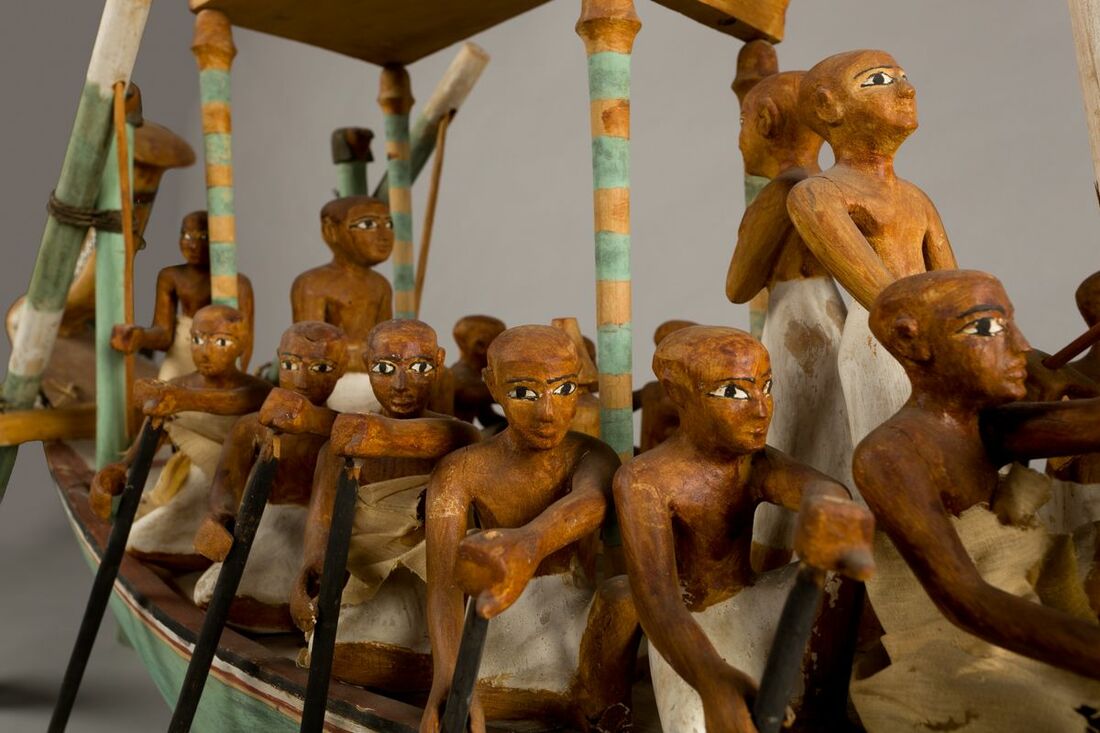 detail detail Ekphrastic Writing Challenge Thank you to everyone who participated in our last writing challenge featuring the work of Joseph Cornell, which ends today at midnight. Accepted responses for the Cornell challenge will be published on February 1, 2019. A very special thank you to Bill Waters, who was our guest editor for this challenge. The prompt this time is an ancient Egyptian Funerary Boat. Deadline is February 8, 2019. A great big welcome to our guest editor for this week's challenge, Alarie Tennille. A message to you from Alarie: "Hello, writers! I can’t wait to see how you will surprise me with this challenge. Isn’t it fun to see how many directions we can go using the same prompt? Many thanks to Lorette Luzajic for bringing poetry and art together in The Ekphrastic Review. I’m delighted to be a regular contributor and now a guest editor. My parents didn’t realize I was legally blind until I was four and a half. With glasses, I could finally see! I began to record my new world on paper, first by drawing and later by writing. For me, the arts have always been married." Alarie Tennille was born and raised in Portsmouth, Virginia, with a genius older brother destined for NASA, a ghost, and a yard full of cats. She graduated from the University of Virginia in the first class admitting women. Retired now, she has lived more than half her life in Kansas City, Missouri, where she serves on the Emeritus Board of The Writers Place. Please check out her books and new blog at alariepoet.com. The Rules 1. Use this visual art prompt as a springboard for your writing. It can be a poem or short prose (fiction or nonfiction.) You can research the artwork or artist and use your discoveries to fuel your writing, or you can let the image alone provoke your imagination. 2. Write as many poems and stories as you like. 3. Have fun. 4. USE THIS EMAIL ONLY. Send your work to [email protected]. Challenge submissions sent to the other inboxes will most likely be lost as those are read in chronological order of receipt, weeks or longer behind, and are not seen at all by guest editors. They will be discarded. Sorry. 5.Include EGYPTIAN WRITING CHALLENGE in the subject line in all caps please. 6. Include your name and a brief bio. If you do not include your bio, it will not be included with your work, if accepted. Even if you have already written for The Ekphrastic Review or submitted other works and your bio is "on file" you must include it in your challenge submission. Do not send it after acceptance or later; it will not be added to your poem. Guest editor's may not be familiar with your bio or have access to archives. We are sorry about these technicalities, but have found that following up, requesting, adding, and changing later takes too much time and is very confusing. 7. Late submissions will be discarded. Sorry. 8. Deadline is February 8, 2019. 9. Please do not send revisions, corrections, or changes to your poetry or your biography after the fact. If it's not ready yet, hang on to it until it is. 10. Selected submissions will be published together, with the prompt, one week after the deadline. 11. Rinse and repeat with upcoming ekphrastic writing challenges! NEWS We are so happy to have Alarie Tennille with us for this prompt, and excited about other guest editors judging some of the challenges in the year ahead! In the near future we welcome Devon Balwit and Shirley Glubka. We're hoping this will inspire us in unexpected ways, add new flavours and perspectives to the journal, foster community, and widen readership. We're excited about this and about having a whole year of challenges, now that we've found an ekphrastic prompt system that is working in terms of consistency and longevity. Many great poems are about to be written! |
The Ekphrastic Review
COOKIES/PRIVACY
This site uses cookies to deliver your best navigation experience this time and next. Continuing here means you consent to cookies. Thank you. Join us on Facebook:
July 2024
|
